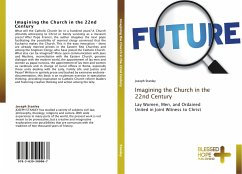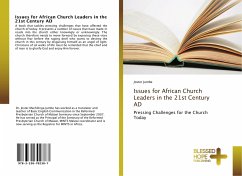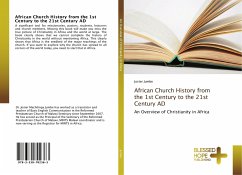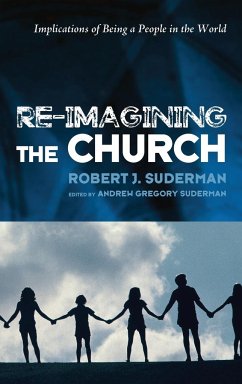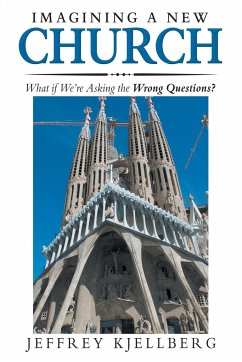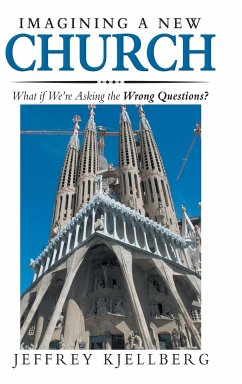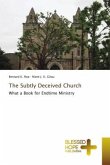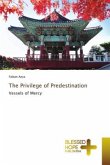What will the Catholic Church be in a hundred years? A Church vibrantly witnessing to Christ or barely surviving as a museum piece? After Pope Francis, the author imagines the next pope facilitating the possibility of married clergy convinced that the Eucharist makes the Church. This is the easy innovation there are already married priests in the Eastern Rite Churches and among the Anglican Clergy, who have joined the Catholic Church. What else can be imagined? More open communication with Jews and Muslims, reconciliation with the Eastern Church, genuine dialogue with the modern world, the appointment of lay men and women as papal nuncios, the appointment of lay men and women as cardinals and in charge of curial offices in Rome, especially those units dealing with the Laity, Family Life and Justice and Peace? Written in spritely prose and backed by extensive endnote-documentation, this book is an exuberant exercise in speculative thinking, providing inspiration to Catholic Churchreform leaders and fostering creative thinking and action among the laity.
Bitte wählen Sie Ihr Anliegen aus.
Rechnungen
Retourenschein anfordern
Bestellstatus
Storno

